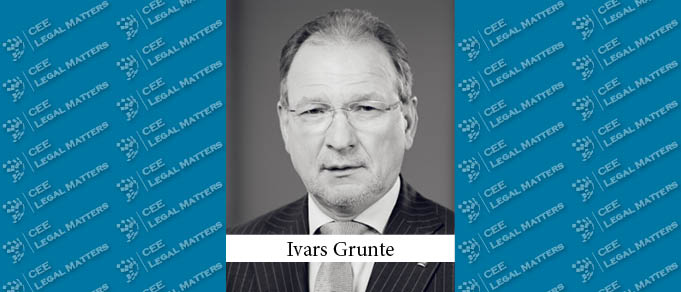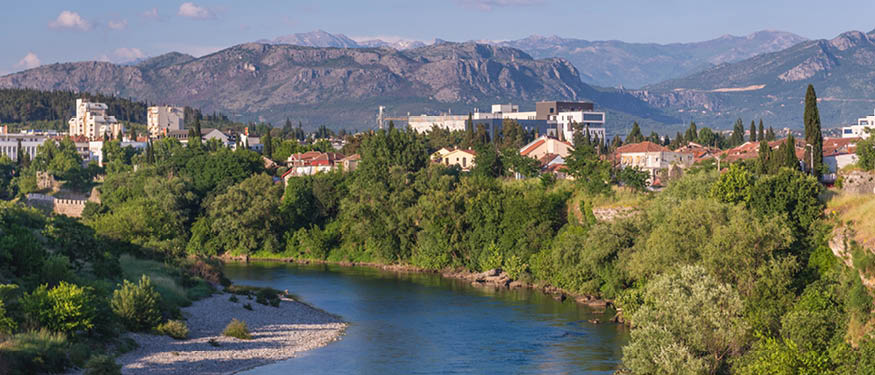According to Ivars Grunte, Managing Partner at TGS Baltic in Riga, Latvia’s legal sector is getting a legislative overhaul. In addition, Grunte reports that Latvia’s judicial system will be strengthened through the addition of the Economic Affairs Court.
Grunte reports that recent amendments to Latvia’s Advocacy Law have changed the way law firms can operate in the country. “From now on, all law firms must be registered as legal entities - either a limited liability company or a partnership,” he says, adding that his firm will most likely opt for the former. In addition, he says, until now, both law firms and advocates have been obligated to register with the Bar association – but going forward law firms will instead have to register with Latvia’s Register of Enterprises. However, Grunte explains that the Bar association will still have to vet the documents before the law firms submit them to the register.
“Traditionally, lawyers had been perceived as providers of intellectual services, but the profession’s commercial aspect has grown to the point where it couldn’t be ignored,” he says. As a result, Grunte says, the amendments stipulate that each law firm has to have registered partners (only advocates) among which the firm’s equity is divided. According to Grunte, this approach will bring about more transparency, while also increasing the tax and administrative burden for firms. “Since all the people working at a firm, save for Bar-registered lawyers, are now considered its employees, the taxes each firm has to pay will increase.”
On the subject of the new Economic Affair Court, Grunte says that 95 people put themselves forward as candidates for judges. “It is interesting that out of the ten selected applicants, none previously held the title of a judge,” he says. The court, which is expected to begin operating on March 31, 2021, will handle more significant civil cases, such as commercial, foreign investment disputes. “The court will also adjudicate criminal cases tied to serious crimes affecting business environment — things like money laundering and corruption,” he says.
In Grunte’s opinion, the new court will most likely speed up the disposition of disputes and will send a positive signal to foreign investors. “The new court is expected to be more efficient and faster in reaching decisions, which will greatly speed up the process of settling commercial disputes,” he says, explaining that, as a result, foreign investors will feel that their rights are better protected, which might attract them to the country.
Grunte notes that, for the most part, the economic situation in Latvia is not as bad as expected under Covid-19. “Our GDP dropped by 4.5% last year and our unemployment rate hovered around 8%,” he says, noting that Latvia’s GDP is expected to increase by 2.8% in 2021. He reports that certain industries, such as real estate and construction, have been booming lately, and he points in particular to Moller’s recent acquisition of a 2,300-hectare land plot near the Riga International Airport (as reported by CEE Legal Matters on August 28, 2020), which his firm worked on, as a prime example.

















